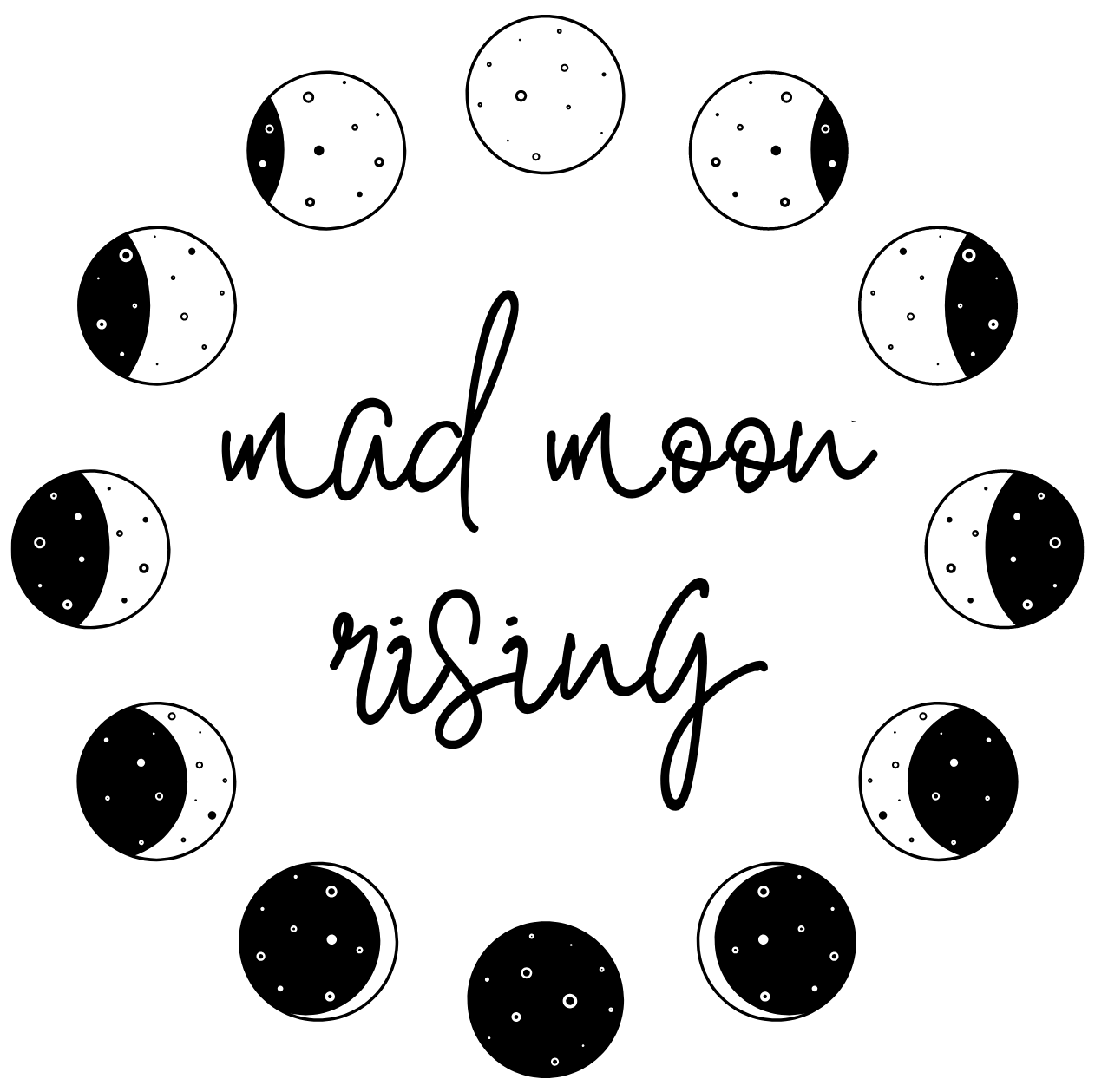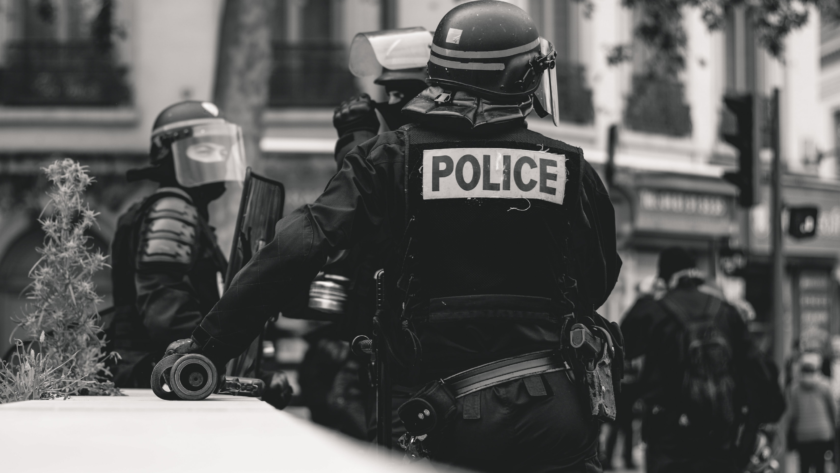Last November, 80 million Americans voted to end a reign of proto-fascism in the United States. Alongside this win for democracy came several hard-fought victories in the fight to end the War on Drugs, the most significant being Oregon’s passing of Measure 110, which decriminalized the personal, noncommercial use of all drugs — including heroin, cocaine, and meth — across the state.
This public health-oriented approach to drug use means that law enforcement in Oregon is no longer able to jail a person for possessing small amounts of hard drugs — a move that will particularly benefit people of color, who are overwhelmingly targeted for drug infractions in comparison to white Americans. In addition, this new initiative will redirect any savings from the measure, such as a reduced prison population, towards addiction treatment programs.
Decriminalization as Harm Reduction
It may seem counterintuitive that the best way to fight addiction is by decriminalizing addictive substances — doesn’t this seemingly promote use? The reality is that people will use substances regardless of their legal status, and experiments in decriminalization in countries such as Portugal and Switzerland, show that such measures actually reduce rates of problematic substance use and overdoses, rather than exacerbate them.
Decriminalization and other harm reduction measures allow people to seek the treatment that they desperately need without the fear of arrest. It also helps reduce the stigma associated with substance use, which I believe is one of the biggest perpetrators of cycles of relapse. Many people use substances because of deep-seated feelings of shame, largely borne out of trauma, and their inability to control their use leads to further shame, accompanied with failed attempts at abstinence, resulting in more shame, resulting in use.
Punishment—shaming a person, caging them, making them unemployable—traps them in addiction. Taking that money and spending it instead on helping them to get jobs and homes and decent lives makes it possible for many of them to stop.
― Johann Hari, Chasing the Scream: The First and Last Days of the War on Drugs
If we cut out the notion that drug use is somehow “shameful” ( i.e. the result of a failure in character or will, rather than the public health issues that people increasingly believe it to be), then we can curtail such cycles before they get out of hand. All it takes is a little empathy in the form of redirecting funds away from punitive measures and towards public health.
Defunding the Police
Funding harm reduction measures, such as decriminalization, is one of the best things that we can do in terms of not only ending the War on Drugs, but also ending systemic racism in America. Racial disparities in drug arrests have more to do with racial bias on the part of law enforcement and less to do with any kind of higher prevalence of use among people of color; when we remove this “justification” for arrests, we make a huge stride in ending the mass incarceration of people of color (and mass incarceration in general) in the United States.
Many of the state-sanctioned murders that highlighted by the Black Lives Matter movement in the past half-decade involved baseless accusations of drug abuse or drug trafficking. While decriminalization alone won’t be enough to stop police brutality, it would remove one pretext for the use of violence and help to end the stigmatization of all Americans suffering with the cycle of addiction.
Measure 110 was not the only victory against the War on Drugs last November, but it was the most radical one, and — for someone attempting to rise from the wreckage of addiction, mental illness, and privatized healthcare — a source of light in a very dark year.

